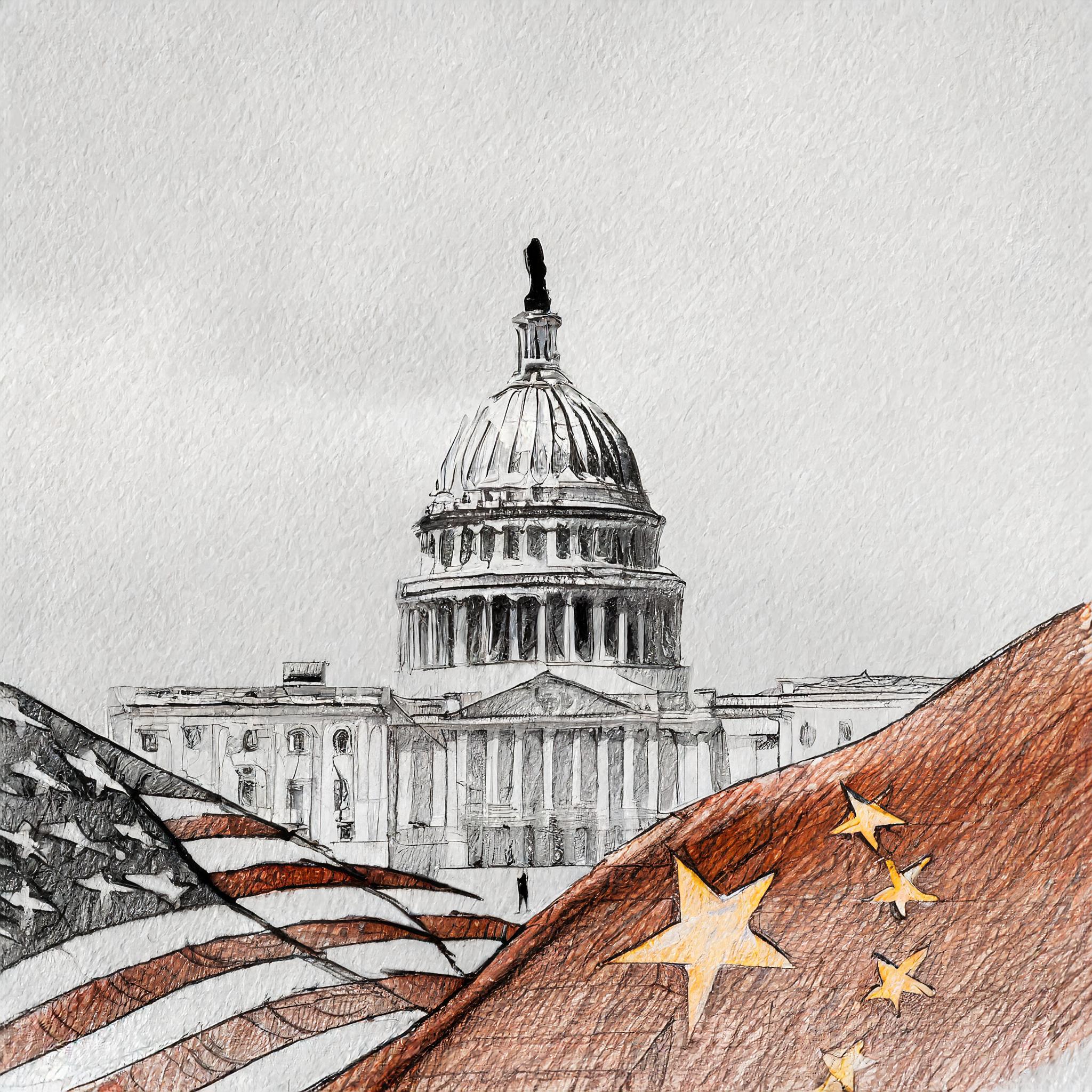| By Linyi Zheng |
Navigating the Complex Terrain of U.S.-China Relations Amidst Global Oil Market Fluctuations
In an evolving geopolitical landscape, recent United States Congress legislative actions have highlighted the increasing scrutiny and regulation of international energy transactions, specifically concerning blocking the potential sale of U.S. Strategic Petroleum Reserves (SPR) to China. This regulatory stance, as reported by both Reuters and Lianhe Zaobao underscores a broader strategy aimed at addressing competitive dynamics and security concerns amidst escalating global oil prices triggered by the Russia-Ukraine conflict.
Legislative Response to Global Energy Market Volatility
The United States, navigating through the repercussions of the Russia-Ukraine conflict, which significantly influenced international oil prices, culminating in a spike to $140 per barrel, has enacted a government funding bill spanning 1,050 pages. This legislation, which garnered over 60 votes in favor in the Senate in July of the preceding year, extends its prohibitions not only to China but also to Russia, North Korea, and Iran, reflecting a multifaceted approach to national security and economic stability in the face of global energy market volatility. The backdrop of this legislative action is the concerted effort by the U.S. to mitigate the economic fallout from the conflict and to prevent the further exacerbation of energy prices.
Bipartisan Consensus on U.S.-China Relations
Moreover, the legislative discourse within the U.S. Congress, as emphasized by Reuters, reveals a bipartisan consensus towards adopting a firm stance against China amidst the severely polarized political environment. This consensus extends to addressing competitive issues with China, with several bills proposed to navigate the complex dynamics of U.S.-China relations.
Strategic Shift in U.S. Energy Security Policy
The U.S. legislative measures, including the prohibition on the sale of SPR to designated countries, signify a strategic pivot in the U.S.’s approach to energy security and international policy. This shift is further illuminated by the actions of U.S. allies and partners, such as the voluntary reduction in oil production announced by Saudi Arabia-led countries starting May of the same year, aiming to stabilize the global oil market.
International Dialogue and Economic Cooperation
Concurrently, the dialogues between U.S. and Chinese officials, including the meeting between the U.S. Chamber of Commerce delegation led by CEO Clark and Chinese representatives in Beijing, underscore a mutual recognition of the deeply intertwined economic relations between the two countries. The discussions centered around high-quality development and modernization initiatives by China, with an emphasis on welcoming U.S. enterprises to invest and deepen their market presence in China, reflecting a shared interest in fostering economic cooperation and stability amidst global challenges.



